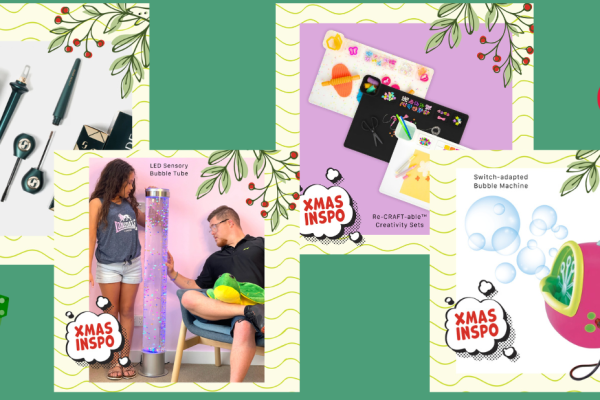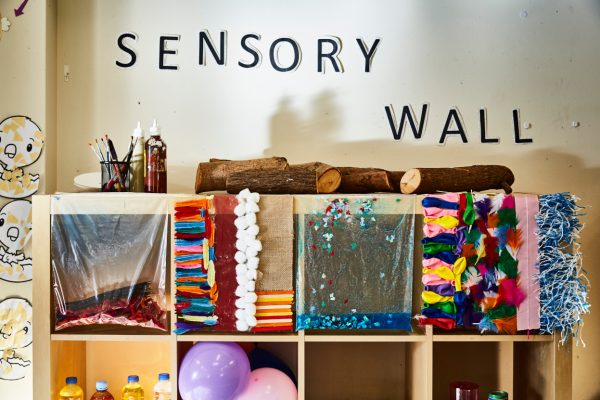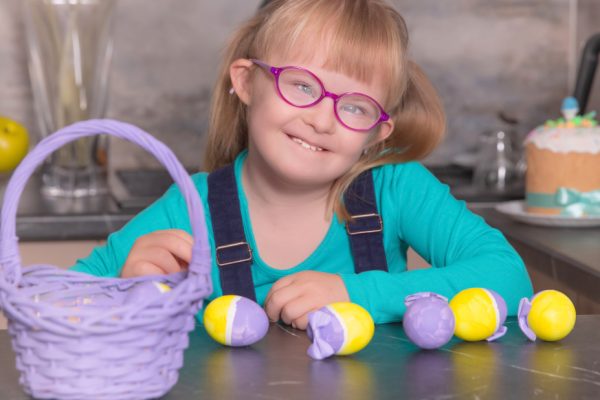
Managing your new normal
A diagnosis of autism in a loved family member does bring changes to every family. Read ideas and tips here from our friends at Autism Awareness Australia for making adjustments and getting support.
For some families a diagnosis of autism comes as a bolt from the blue. For others there has been a slow realisation that this diagnosis was to be expected.
Whatever your situation, it does take time for the reality and meaning of an official diagnosis to sink in.
Something to remember is that your child is exactly the same person as they always have been and your family is just the same family. Your child has a diagnosis and you may now describe yourself as an ‘autism family,’ but this can be seen as more of a benefit than a catastrophe.
The diagnosis allows your family to receive the help, support and therapy which will enable you all to deal with the unique challenges autism has brought you. But your family also has unique strengths and characteristics and these are not lost.
You may well find yourself on an emotional rollercoaster, especially if not all family members accept or understand the diagnosis. It can be useful to read up on the stages of grief and also to bear in mind a cliché that rings true for most families: autism is a marathon not a sprint.
Whether you set off to learn everything you can or need time to process the diagnosis depends on your situation and personality. There are no rights and wrongs. Your child is a child first and foremost and needs you to be involved and active in their daily care. Your child needs you to be as calm and scientific as you can be whilst researching the therapeutic options.
Remember that things will change, you will not always feel as you do today and your family’s life and routines will be very different year by year.
Something that often distresses parents in the early days after diagnosis is the intense focus given to one child at the expense of siblings. This is all but inevitable as you set up programs and therapies and it will not last forever. Parents usually feel guilty about this but try to remember that this is just one intense period in your family life.
The hope is that attention will be more evenly spread as your family member with autism settles into their new routine.
It is normal to feel overwhelmed, but we are here to help. Autism: What Next? was developed by parents who have been on the journey you are now taking, backed up with advice from expert professionals.
You might find helpful information at the Autism Awareness Australia website Coming To Terms With A Diagnosis.
Families may find that they need support at the time of a loved one’s diagnosis, particularly if the road to diagnosis has been drawn-out with the frustrations and long waiting lists. There are often conflicts within families when some members are pushing for a diagnosis and others are either in denial or simply not aware of the differences in their child. Ideally the family unit will come together as quickly as possible.
You may find that you need to “apply your own oxygen mask first” before you are able to assist other family members. This is always wise. Look at the Taking Care of Yourself page here. You might also benefit from the Telling People About A Diagnosis on the Autism Awareness Australia website.
Remember that you are allowed a break and that you, like all parents and carers, will benefit from regular breaks.
This of course includes members of the extended family. There is an excellent video and text resource on the Raising Children website about how to explain a diagnosis and how family and friends can help.
Here are some organisations that could help to support you and your family:
MyTime Groups
These groups are a place for parents and carers of children with disabilities, developmental disorders or chronic medical conditions to come together for mutual support. Each group has a trained facilitator as well as a play helper to help engage preschool children. MyTime is for any parent or carer with children aged under 18.
You can find your local group on the website.
Relationships can suffer during the process of diagnosis, this is very common. It is good to seek support early to assist you all as a family.
Siblings Australia offers support and information to brothers and sisters of people with a disability, including autism.
The Disability Gateway has information and services to help people with disability, their family, friends and carers, to find the support they need in Australia.
Setting up Circles of Support
Circles of support is a term used for an intentional and organised support network for a person with a disability. The members of a circle of support work together to provide all the supports a person needs to live the life of their choice. Members do not have to be from the person’s family.
The Resourcing Inclusive Communities website has comprehensive information on their Circles Of Support webpage here.
Parent Training
Learning about autism empowers families and can help explain a lot of your child’s challenges and strengths. Parent training is for parents whereas early intervention is focussed primarily on the child.
Your child with autism is likely to learn in a different way to your other children and may respond better to different parenting techniques. Parent training aims to give you information, skills and strategies to parent your child on the spectrum.


This article was originally published by Autism: What Next? a project of Autism Awareness Australia.






